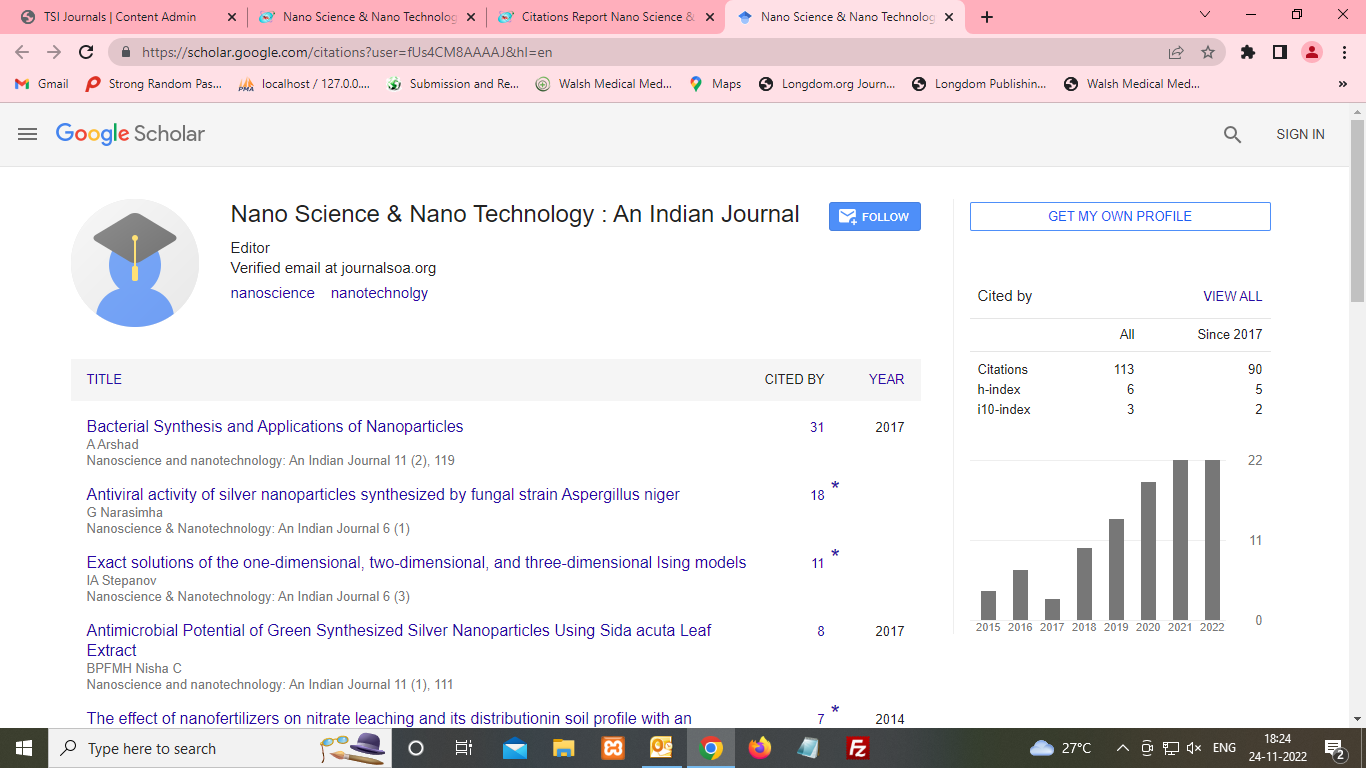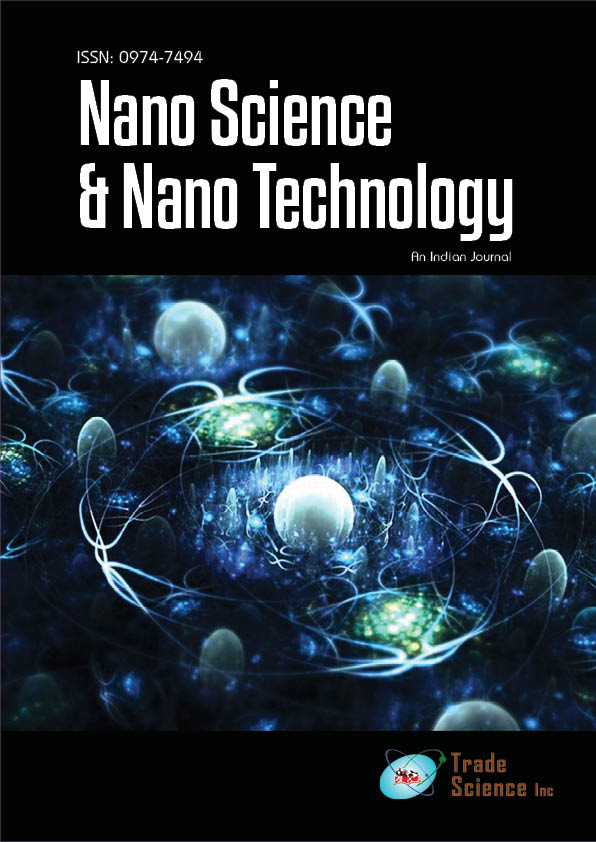Abstract
Pickering emulsion polymerization of styrene using Ludox HS-30 as solid particles stabilizer: The dependence on the pH
Author(s): A.B.Moustafa, M.E.Abd El-Aziz, H.S.Emira, A.M.Rabie, H.A.EssawySolid nanoparticles can be used as stabilizers for oil/water emulsions instead of the conventional surfactants. Silica nanoparticles can aquire different particle size as a function of pH, which is thought to influence its emulsification potency. Emulsion polymerization of styrene, as an example of polymerizable oil, was started in the current study after ultrasonication of the monomer into the aqueous phase, with the aid of silica nanoparticles as sole stabilizer for the process, as a function of pH, either before or after the ultrasonication process, while the concentrations of the monomer, initiator and silica were fixed. The results revealed that when the pH was adjusted before sonication, the emulsification of the styrene proceeded more effective at low pH (2 and 4) while when the pH was adjusted after sonication the affect of the pH on the stability disappeared completely. This was attributed to surface charge density and consequent extent of electrostatic repulsion when the pH was changed before sonication whereas after sonication a compact protective layer of the silica nanoparticles was already surrounding the styrene drops in water and could not be destroyed by changing the pH.Accordingly, the emulsion polymerization was conducted with the pH adjusted before sonication and it was found that both the conversion%, as well as the average molecular weight of the resulting emulsion polymer increase, associated by a remarkable decrease in the particle size of the composite latex particles.

